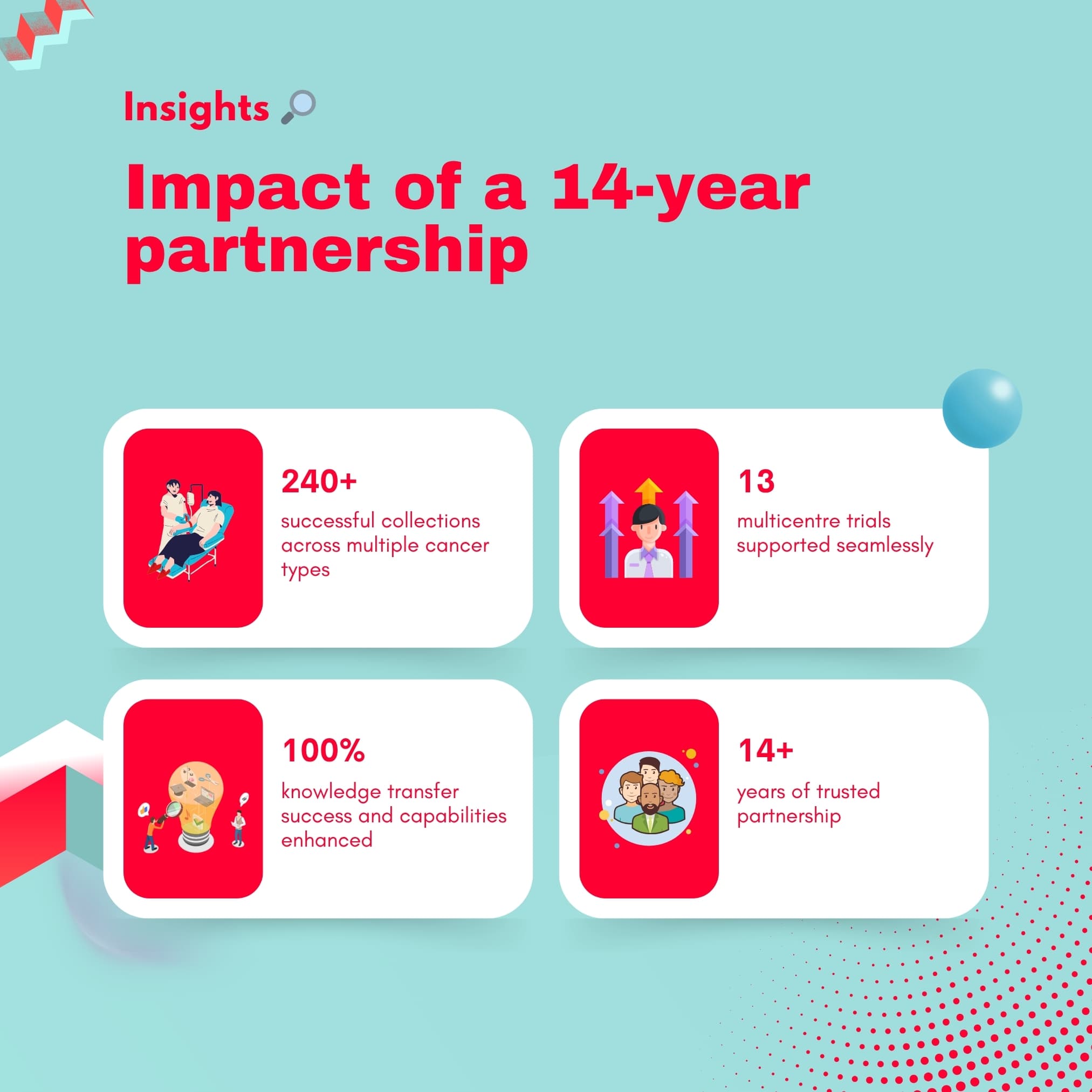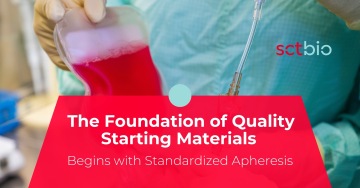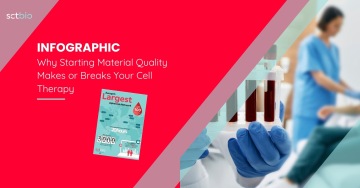When Standardization Delivers Results: A 14-Year Partnership Story
July 16, 2025
How Prague's leading hematology institute transformed complex multi-year clinical programs into streamlined operations through strategic network partnership.
Managing apheresis collections across multiple clinical trials, cancer types, and regulatory jurisdictions presents significant operational challenges. Most organizations face the choice between building internal capabilities or working with multiple third-party providers - each approach bringing complexity, resource demands, and potential bottlenecks.
This case study examines the 14-year partnership between Prague's Institute of Hematology and Blood Transfusion (ÚHKT) and SCTbio. Over this period, the collaboration supported 13 multicentre trials across various cancer types, completing 240+ successful collections while delivering unexpected benefits in knowledge transfer and capability enhancement.
Learn from a real-world partnership case study. See how standardized protocols and comprehensive support frameworks can reduce operational complexity while delivering value beyond basic logistics.
What You'll Learn
🎯 The Partnership Challenge
Traditional approaches to clinical program management often involve complex logistics, multiple third-party relationships, and significant resource allocation. See how one leading institute approached this differently.
🤝 A Comprehensive Support Framework
"What distinguished this partnership was the comprehensive support framework: logistics, communication, technical assistance, patient scheduling, and preparation..."
— Dr. Zdenka Gašová, Institute of Hematology and Blood Transfusion, Prague
📈 Beyond Operational Efficiency
This wasn't just about streamlined logistics. See how the partnership delivered additional value through knowledge transfer and capability enhancement.
🚀 Long-term Impact
"This partnership model has set the standard for how we evaluate future collaborations."
Learn what lasting benefits emerged from this approach.
About the Partnership
The Institute of Hematology and Blood Transfusion (ÚHKT) in Prague is a leading European center for hematological research and treatment. Their 14-year collaboration with SCTbio shows how structured partnerships can address operational challenges effectively.
Dr. Zdenka Gašová leads the Apheresis Department at ÚHKT, where her team has successfully managed collections across multiple therapeutic areas and clinical trial phases.
Related Resources
This case study is part of our ongoing series on optimizing apheresis operations and starting material quality. Dive deeper into the strategic considerations shaping the future of cell therapy development:
Want to discuss your apheresis challenges? Schedule a 15-minute consultation with our network specialists to explore how standardized partnerships could benefit your programs.





